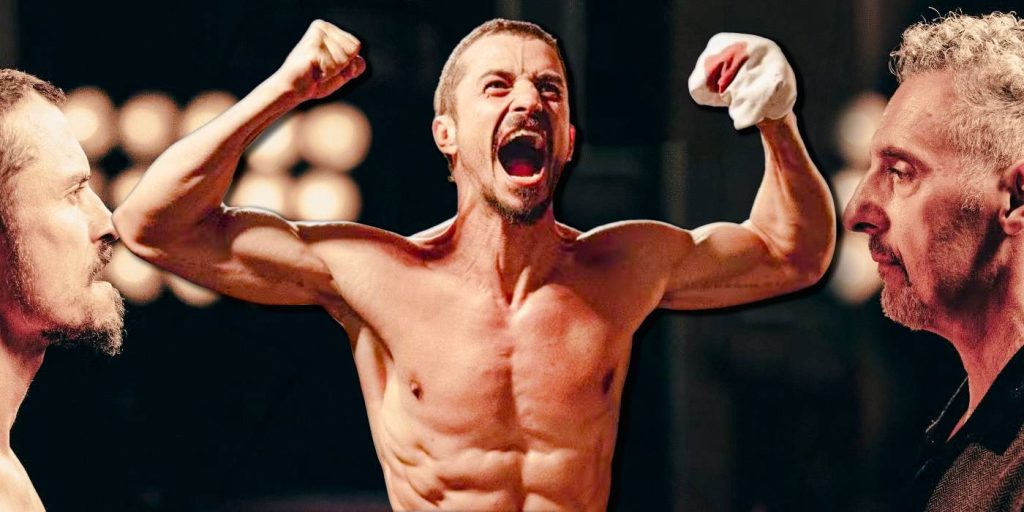In The Cut from Paramount Pictures, Orlando Bloom immerses himself in a psychological journey of redemption that urges viewers to engage with ethical dilemmas. This rendition of the character, shedding the weight of his earlier roles, allows Bloom to explore deeper territory as he portrays a boxer grappling with haunting childhood memories and the absence of his mother. Set against the backdrop of political strife in 1980s Northern Ireland, The Cut examines the motivations behind a fighter stepping into the ring.
Director Sean Ellis transcends the conventional boxing film, offering Bloom a chance to redefine himself by stripping away the privilege often associated with Hollywood stardom, confronting him with a grim reality. The film assesses the limits of ambition and capability, compelling viewers to invest emotionally. It deviates from typical boxing movie tropes by emphasizing psychological depth over mundane metrics like calorie counts and workout regimes, ultimately illustrating that risking everything can plunge individuals into more than just a physical battle.
Orlando Bloom Is Put Through His Paces in The Cut
Bloom’s portrayal cannot be divorced from his legacy as Legolas. After being cast at 19 in what is considered the ultimate fantasy adaptation, he has consistently strived to fulfill that early promise. From The Calcium Kid to Carnival Row, Bloom has worked hard to slip from the shadow of his iconic role. The Cut serves as another opportunity to assert that beneath the familiar looks lies a significant performance. The outcome indicates that all his efforts and sacrifices have truly been worthwhile.
There’s a complexity within Bloom that desperately seeks expression, transcending mere acting ambitions and demanding audience attention. Dressed in a threadbare persona marked by an eating disorder and thin facial hair, Bloom’s character—the Boxer—is a reflection on lost aspirations. Haunted by childhood experiences and a backdrop of violence, The Cut presents fighting as a metaphor for deeper struggles.
Donny to The Boxer: People love a comeback story, always have.
This era has been depicted in other films, such as The Devil’s Own and In the Name of the Father, but The Cut offers a unique perspective. Through flashbacks and poignant performances, it serves as a profound psychological backdrop to the unfolding drama. The character’s childhood trauma adds depth to Bloom’s portrayal, presenting an emotional intensity as audiences witness his journey through adversity.



